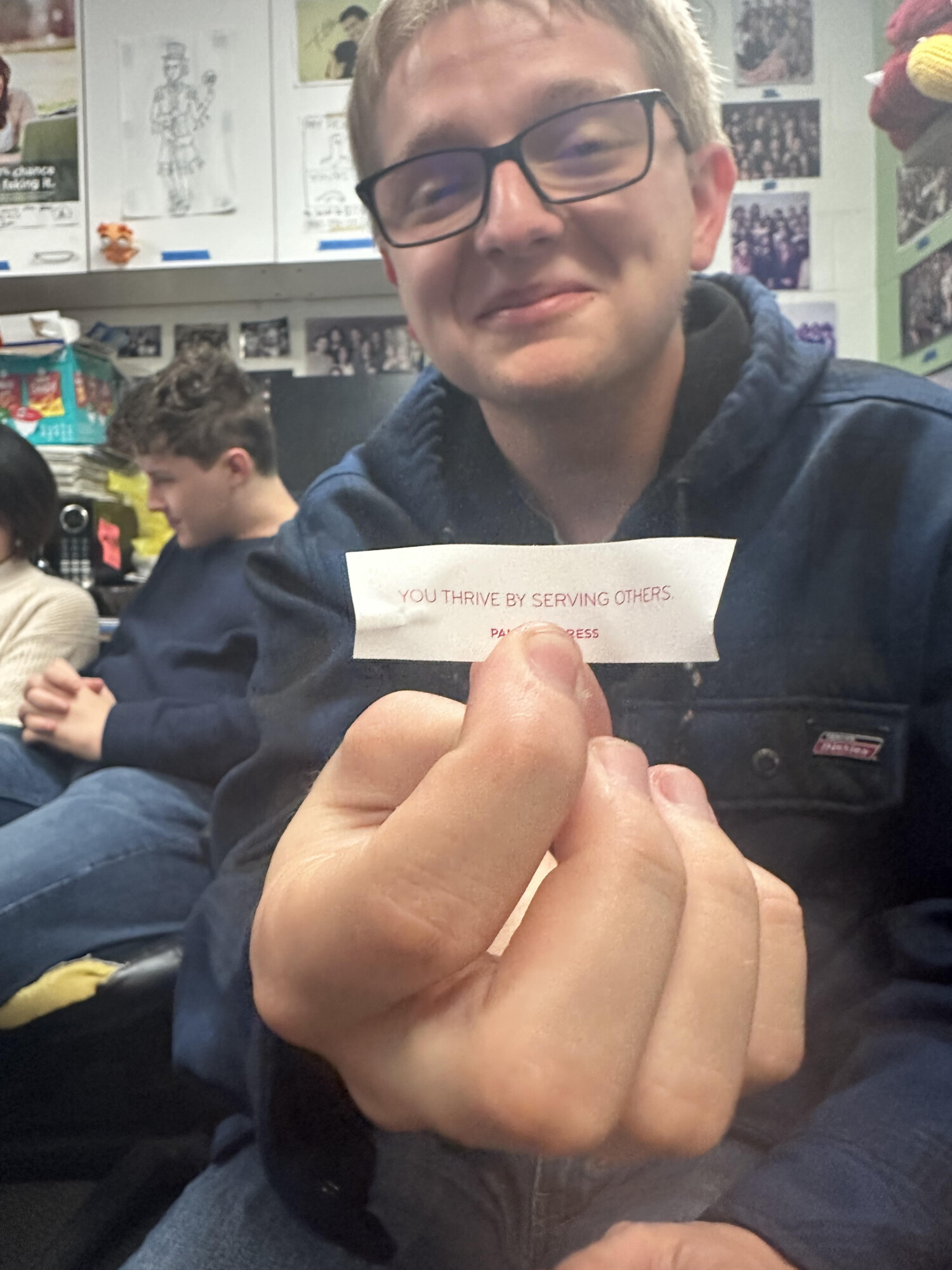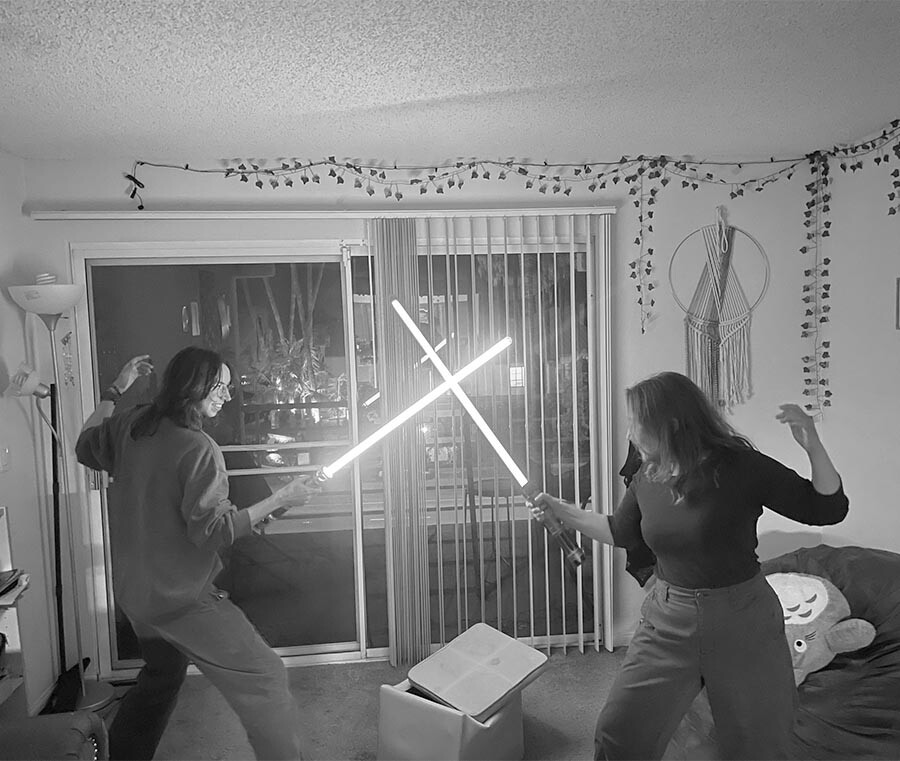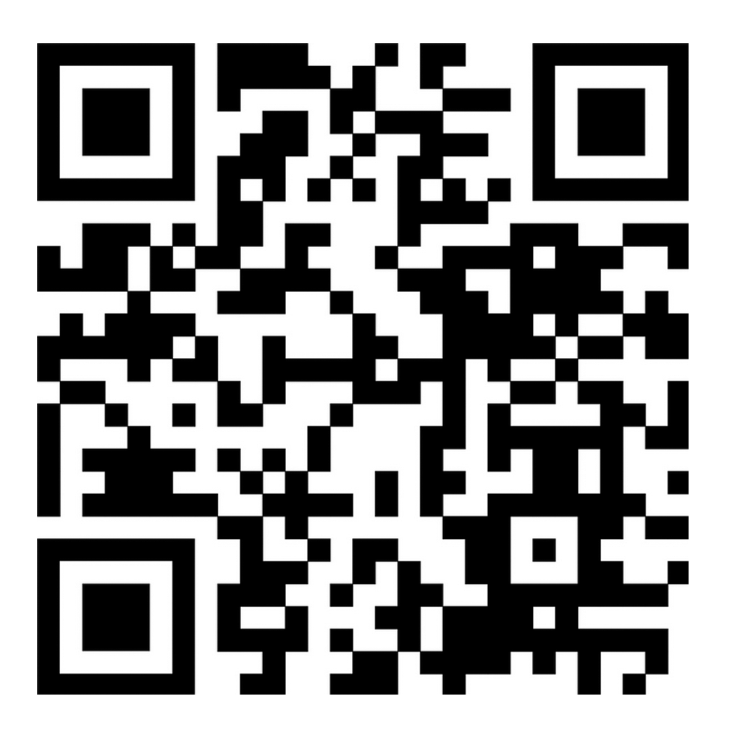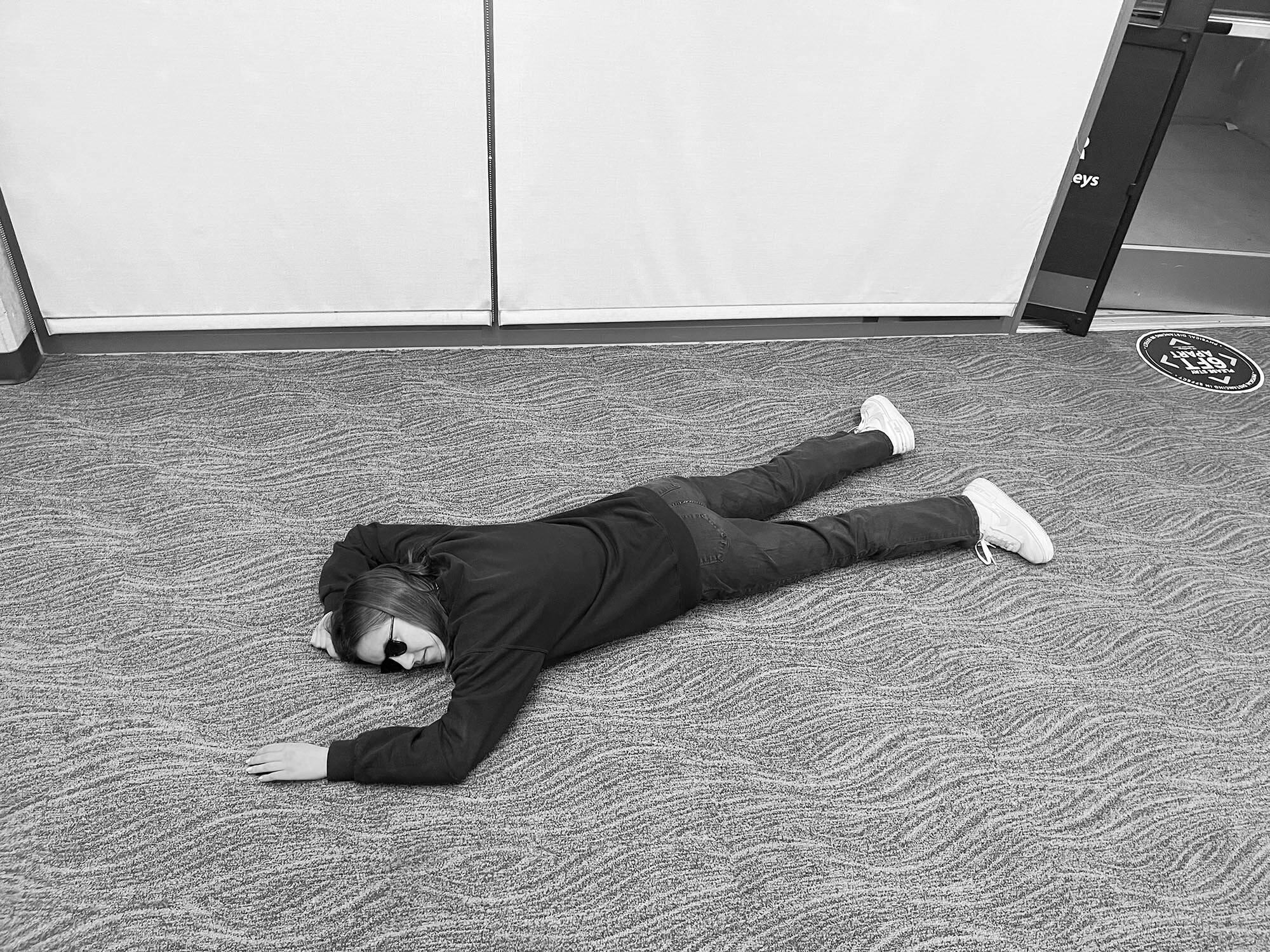
“I can’t fucking read,” said Calderon.
Photo by: Jay Noonan
The reaction by other UCSD students to this post was mixed, though a majority of the comments chastised her for marking the post “FREE” when there was in fact nothing to be given away for free. However, some students stated their thanks for this tip, noting that the content in these textbooks was very similar to their professors’ lectures and could be used to learn the subject matter before important lectures and exams. In the active discussion initiated on the post’s comment section, opponents firmly declared that it always has been and always will be impossible to learn information besides cramming and comparing hastily taken notes with fellow classmates. One such opponent, second-year student Hector Ruiz, expressed doubt at the prospect, commenting, “There’s no way that profs would plagiarize from these so called textbooks. That’s an academic integrity violation.”
Despite the mixed reception to her discovery on the Facebook group, Calderon reported exceptional joy at her own discovery. She states that it has helped her tremendously in her classes. “Not only am I still able to do my homework online, but now I actually understand it. Instead of typing the problems verbatim into Google and immediately forgetting them, I am now able to remember this material well past completing the homework and into the following exams. This a breakthrough in the way that students can learn.”
Dr. Dana Watkins, an education researcher at UCSD, echoed Stacey Calderon’s sentiment, believing that Calderon’s discovery would lead to a paradigm shift in the way college students are educated. Dr. Watkins’ research focuses on ways to convince students to pay attention in class after iClicker questions are given, but her lab also studies how students can study classroom material outside of the school. There had been some preliminary research in producing material that students could take home and study from, though research eventually stated that students had not found a “trove of knowledge as dense and comprehensive” as the content in the textbooks that Calderon discovered. Calderon reported feeling pleasantly surprised that her discovery would lead to new scientific breakthroughs. She described that she was “mostly just happy I might pass Math 10A this time.”











